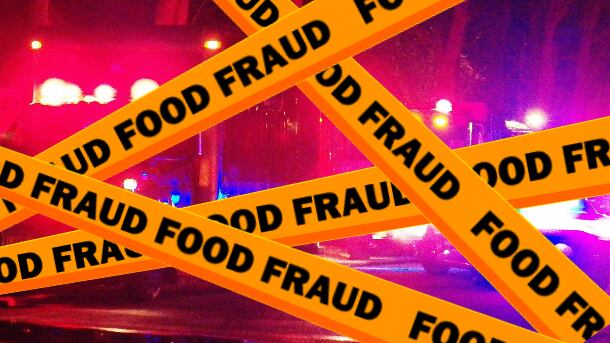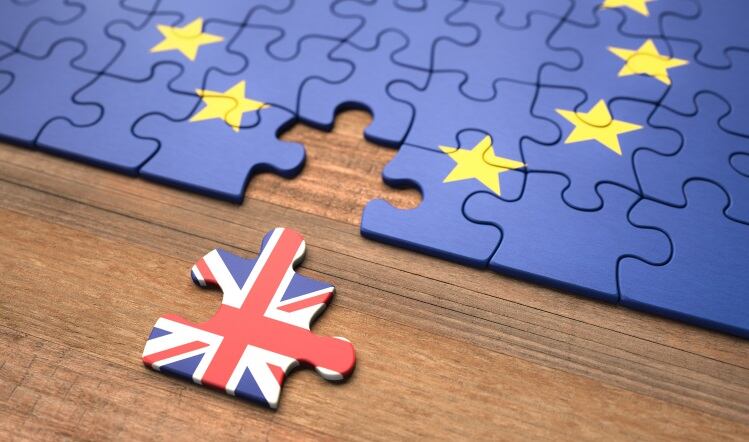Speaking at an Environment, Food and Rural Affairs (EFRA) Select Committee meeting on 16 March, McFarlane stressed the risks to delaying phytosanitary and sanitary checks on meat and seafood products imported from the EU.
“We have to be cognizant that what you’re essentially talking about is potential criminal activity – food crime effectively,” said McFarlane. “I think it’s quite interesting that the national food crime unit have increased their capacity significantly just prior to our exit from the EU – you can take from that what you will.
“It’s fair to say that food crime is very much a current risk and I’m sure there have been criminals across the world watching the situation, waiting for opportunities to exploit it. You have to bear in mind the potential to make significant amounts of money here is considerable.”
Food crime and public health
McFarlane noted that food crime did not automatically mean food could pose a risk to public health, but the potential for it was high – particularly in the areas of allergic reactions and mislabelling of products.
He went on to reiterate the importance of the checks and controls on food and drink products in protecting the food standards expected the UK and EU, saying they were not needless bureaucracy.
“It’s important to recognise that the system of checks and controls we have are core health protection, public health controls,” McFarlane continued. “They’re not an inconvenience to be got around. They’re there for a reason.
“It is not the majority of diligent operators and legitimate food businesses that we need to be concerned about here. It is those who will set out to thwart the controls and the checks that the system puts in place.”
‘Best system of food safety’
McFarlane warned of the dangers of losing access after Brexit to what he described as the best system of food safety and standards in the world with no clear commitment from Government to commit to legislation that protects those standards.
“I’m quite sure – and I know from speaking to colleagues – that the eyes of unscrupulous operators and individuals out there will have been on this situation and, in simple terms, if we leave the door open for too much or too long there are risks,” he concluded.
Also speaking at the EFRA meeting, British Veterinary Association president James Russell highlighted that standards of production for food coming from the EU had not changed. The UK’s decision to maintain alignment with EU legislation had meant risks to food safety were low.
“However, sitting outside the EU, we don’t have access to the range of EU disease surveillance and cooperation systems, which have been so importance for us to understand things like African Swine Fever,” Russell explained.
Health certificates
Russell advocated the use of health certificates signed by official vets as a means to protect food safety and standards for products of animal origin in the absence of hard legislation.
“We can have confidence on why we have these certificates done by vets in the first place,” he continued. “It’s to give us confidence in either the goods we are purchasing or the goods we are sending out to third countries.
“I think that’s what that veterinary signature does. If your question is ‘when we’ve got these systems in place, can we have confidence in the veracity of the evidence put before us?’, then very much we would hope so – that’s what World Health Organisation rules and trade based rules are based in.”





